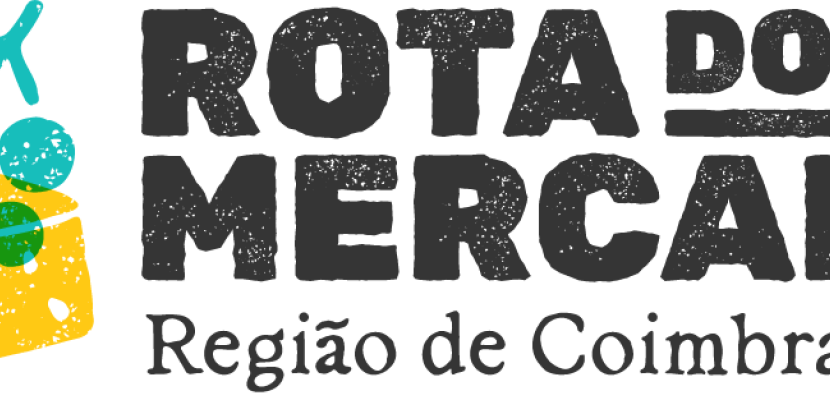
Route of Food Municipal Markets in the Coimbra Region

About this good practice
The Route of Food Municipal Markets in the Coimbra Region was created to tackle key challenges affecting small food producers, SMEs, and traditional municipal markets. In recent years, these markets have experienced a decline in consumer engagement, struggling to compete with large supermarket chains that offer greater convenience and lower prices. This trend has threatened the economic viability of small businesses and reduced opportunities for local and seasonal products.
A major issue has been the limited market access for small food enterprises, which often lack the resources for effective marketing, digital visibility, and outreach to new consumer groups. Without targeted support, these businesses risk being overshadowed by mass retailers. At the same time, concerns over the environmental impact of long supply chains have highlighted the need to promote short food supply chains that support local agriculture, reduce emissions, and encourage more sustainable food choices.
Beyond economics and sustainability, the decline of municipal markets also endangers cultural heritage. These spaces are integral to the region’s food identity, traditions, and social life. Without intervention, there is a risk of losing traditional food knowledge, culinary diversity, and the community spirit that markets uniquely provide.
Resources needed
This initiative is part of the “Região de Coimbra Turismo 2020” project, co-funded by FEDER. Of the €2.07M total budget, €1.76M came from EU funds. The Municipal Markets Route had €32,075.13 approved, with €27,239.95 executed, including activities like live cooking and signage improvements.
Evidence of success
Implementation of market activation activities, particularly showcookings featuring ambassador chefs, which played a crucial role in engaging the community and promoting local and seasonal products.
A total of 19 showcooking events, covering municipal markets and fairs. These events, hosted in local markets, engaged a total of 950 participants, raising awareness about the importance of local and seasonal products. The project invested in the dissemination of information and market visibility.
Potential for learning or transfer
The model encourages consumers to buy directly from small-scale producers, supporting local agriculture and reducing the carbon footprint associated with long-distance food transportation. This approach, where local markets can be revitalized by showcasing the unique, seasonal produce of the area, benefiting both producers and consumers.
By bringing together small businesses in municipal markets, the initiative fosters a sense of community and trust between producers and consumers. By focusing on local economic growth and the empowerment of SMEs, the model offers a blueprint for creating sustainable local economies that benefit both producers and the wider community.
The use of digital platforms, such as the bilingual website, makes it easily accessible. The creation of digital guides, maps, and promotional materials makes the concept scalable to other regions or countries.
